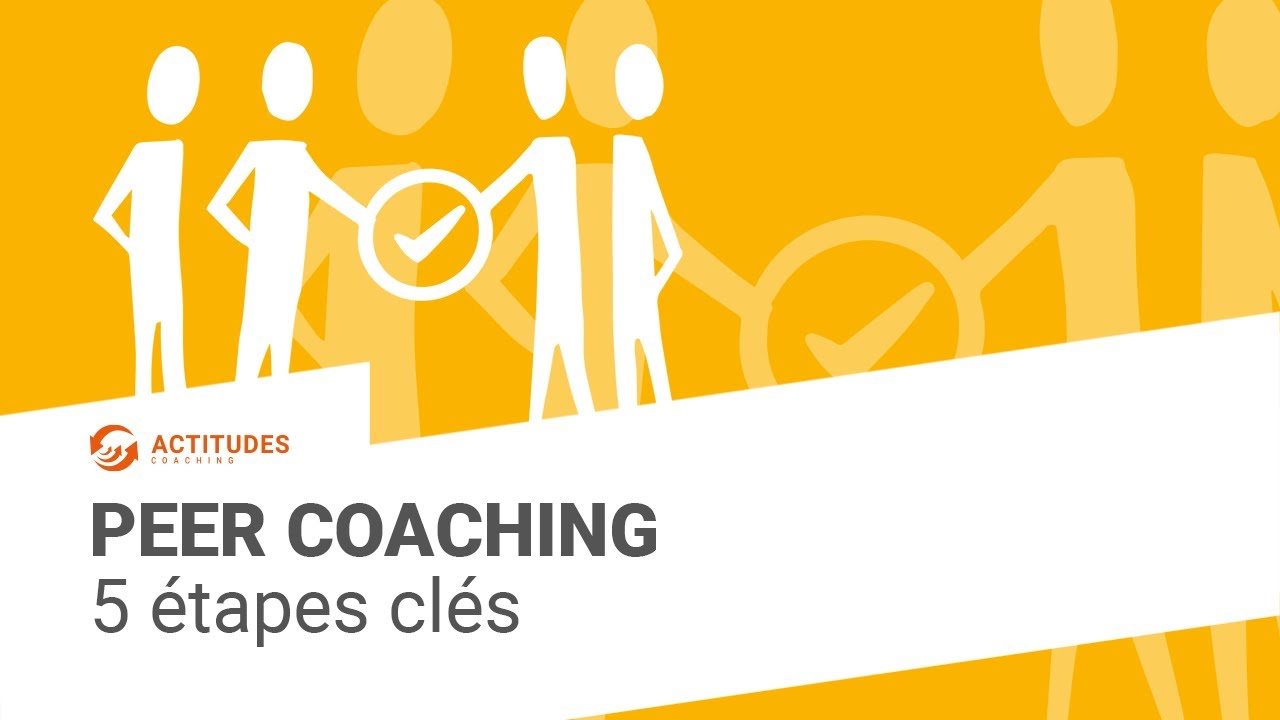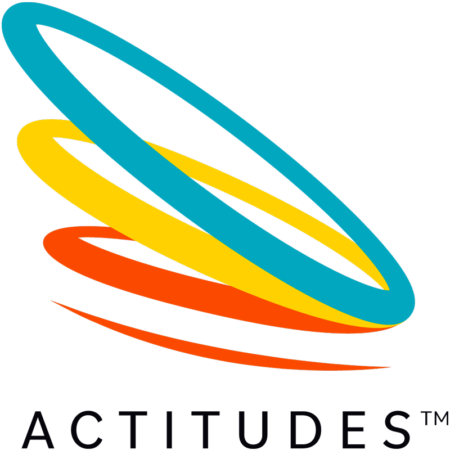What's the point of peer-coaching?
Peer-coaching is an easy-to-implement resource that has many beneficial effects for the groups that use it. Among other things, it enables :
- maintain a stimulating dynamic in the intervals between group work sessions
- strengthen and support each individual in implementing his or her action plan
- leverage internal team resources
- stimulate collective intelligence and the search for solutions within peer-coaching pairs
- breaking down "silos" and strengthening collaboration by creating a climate of trust, openness and mutual support
We use it regularly in our programs, whether for training, group coaching or team support.
How does peer coaching work?
The aim of peer-coaching is to create a supportive relationship with a trusted colleague, to share progress/difficulties and find new solutions together. Members of a peer-coaching pair take it in turns to bring a situation they would like to work on within their pair.
Download the canvas
This outline will guide you through the important questions to ask yourself in each of the 5 phases of a peer-coaching session.
The 5 stages of a peer-coaching session
To help you structure your sessions, here are some key questions you can use at each stage:
- Step 0 | Before the session, think about the situation you want to work on
- Briefly describe the situation you wish to work on
- What is the context, the environment, the people involved?
- What factors work in your favor/against you?
- What would you like to change/achieve?
- Step 1 | Define your goals for this situation
- Global objective | Formulate your objective so that it is SMART - Specific - Measurable - Ambitious - Realistic - Temporal
- Objective for this session | How can this session help you progress towards your final goal?
- What would you like to have done/clarified/defined/... by the end of this peer-coaching session?
- Is there anything you need to prepare/share in advance to make this session more beneficial for you?
- Step 2 | Make a "reality check" of the situation
- What exactly is happening right now?
- What have you tried to do so far - and with what results?
- What are your doubts/thoughts at this stage?
- What's stopping you from taking action now (obstacles)?
- What should happen to unblock this situation?
- Step 3 | Evaluate your options - be creative!
- What options/opportunities do you see?
- What are the advantages/disadvantages of each of these options?
- If you had a magic wand to solve this situation, how would you use it? What would be your ideal solution?
- What do you need in relation to this?
- Step 4 | Take action and be proactive to trigger a positive change in the situation
- And now, how would you like to move forward?
- What obstacles are you likely to encounter - and how will you overcome them?
- Who could you collaborate with - and how? Do you need help or other resources - in what form?
- On a scale of 1 to 10, how confident are you that these activities will succeed? If you're at 6-7-8, what would get you to 9 or 10?

Discover the book Sustainable Teams
This practical guide will enable you to sustainably transform the cohesion and collective performance of teams within your organization thanks to 18 drivers for effective teamwork.


